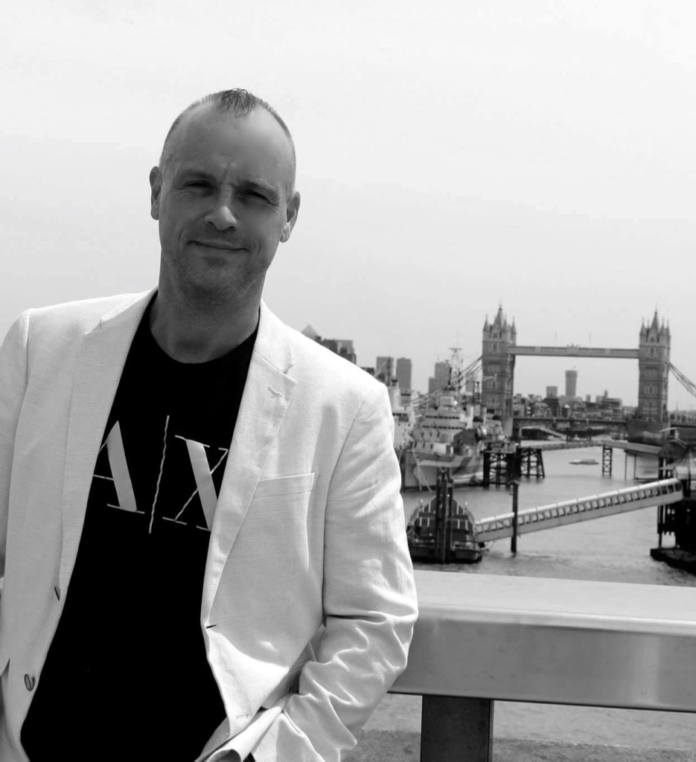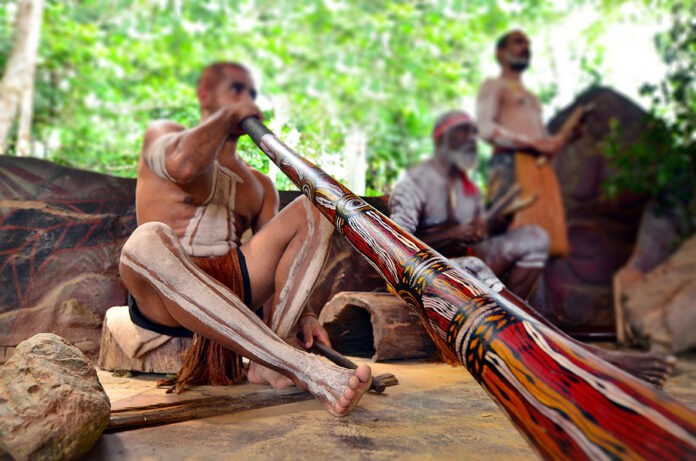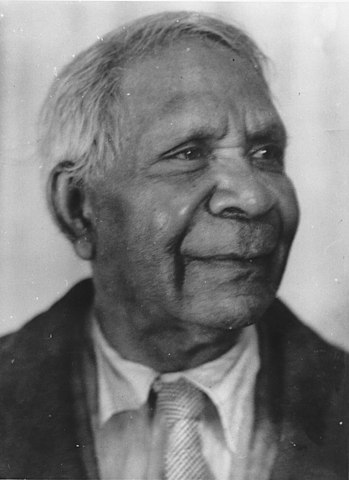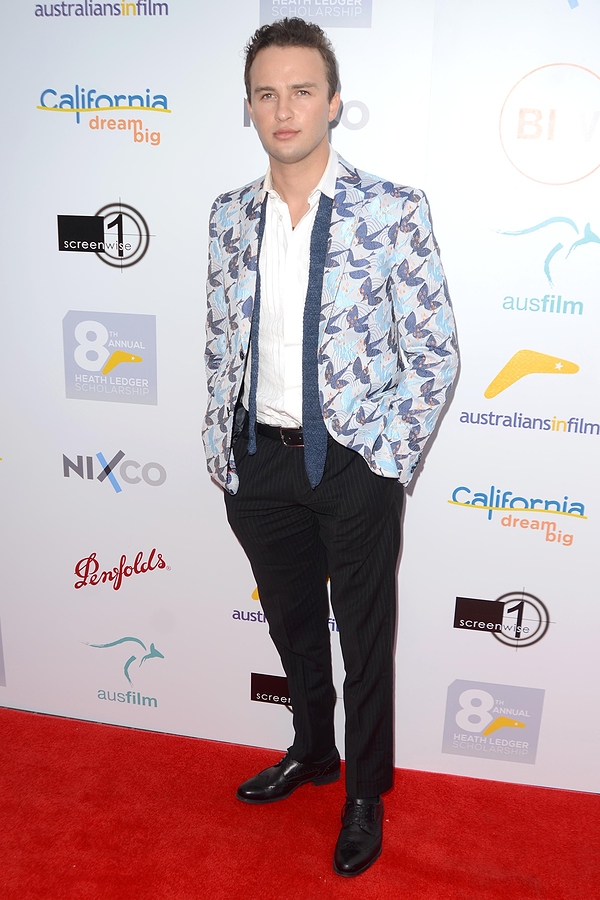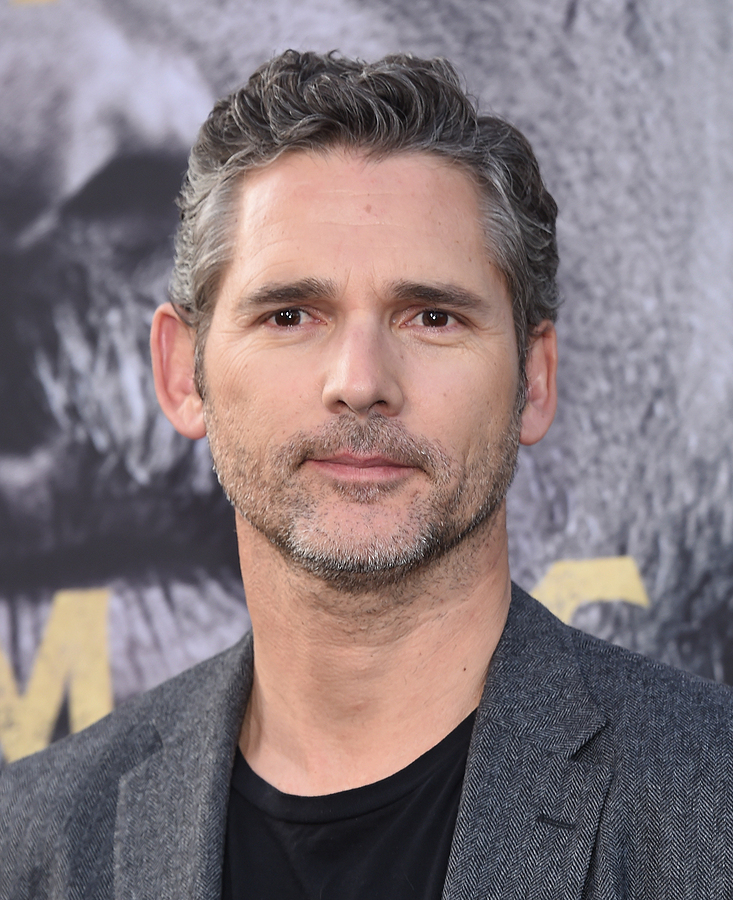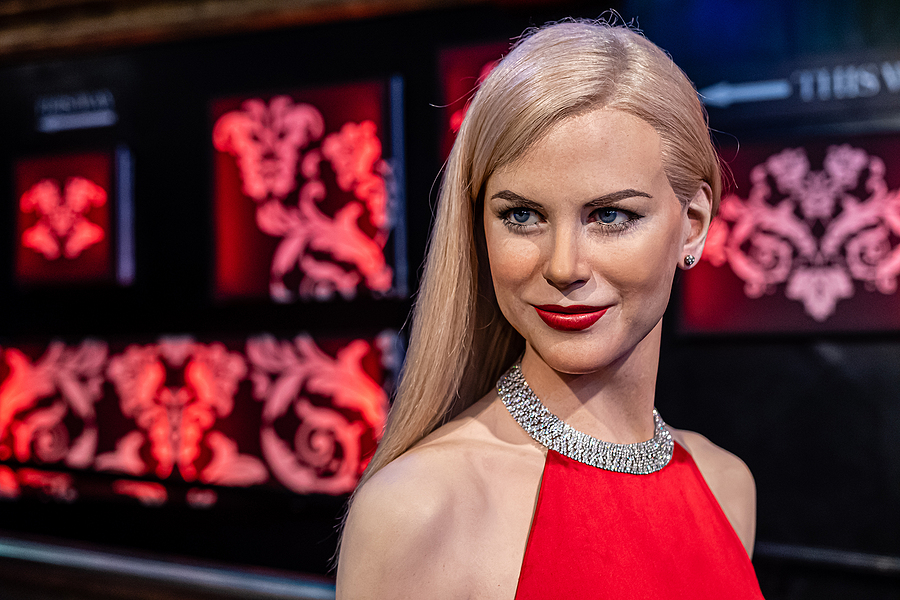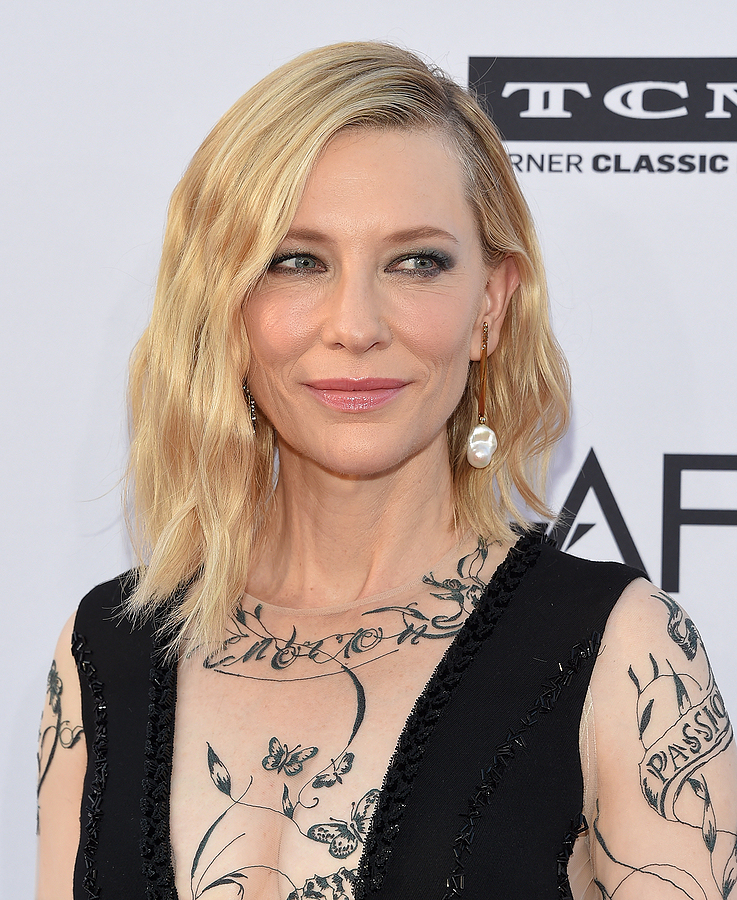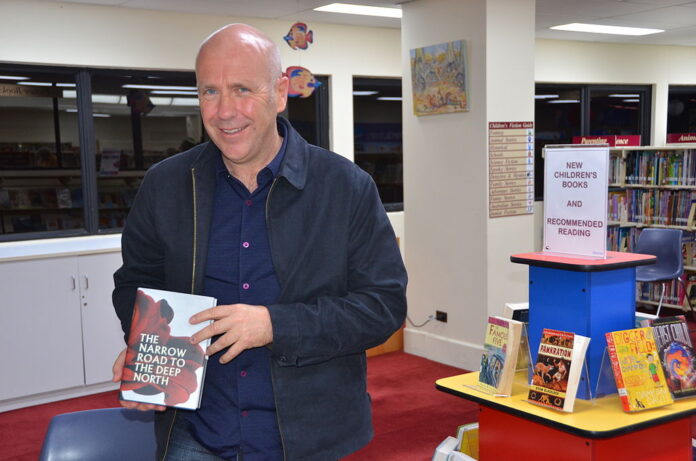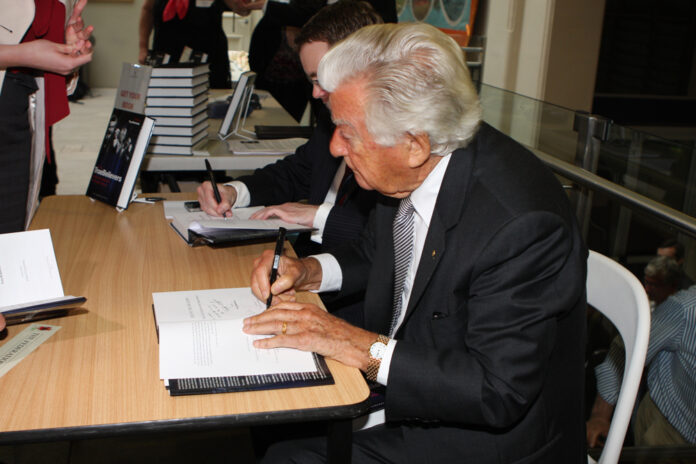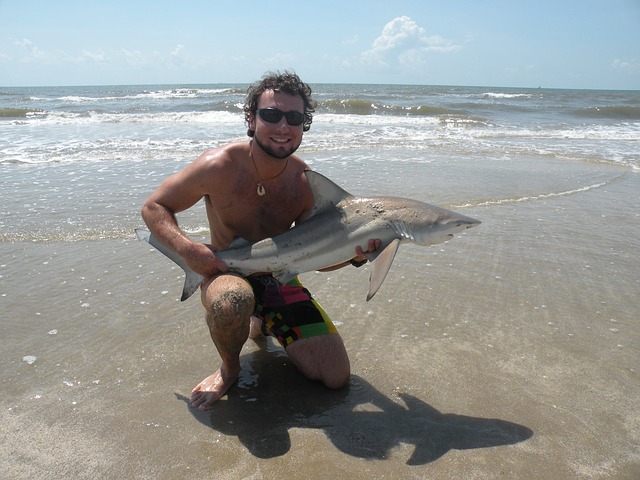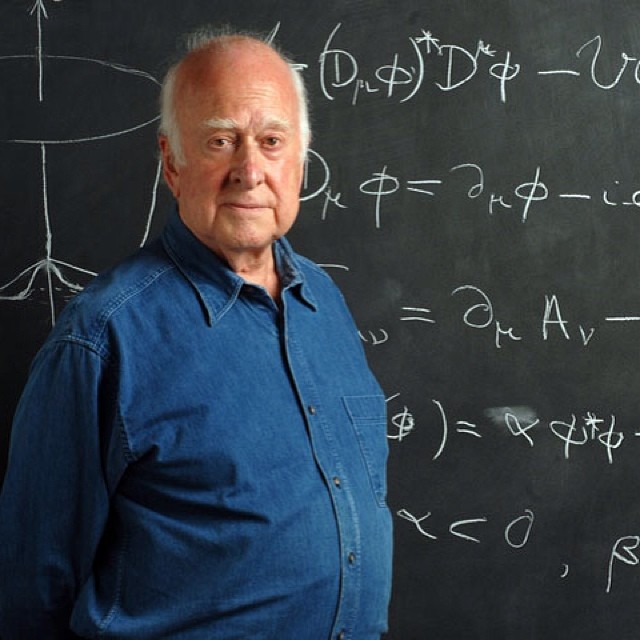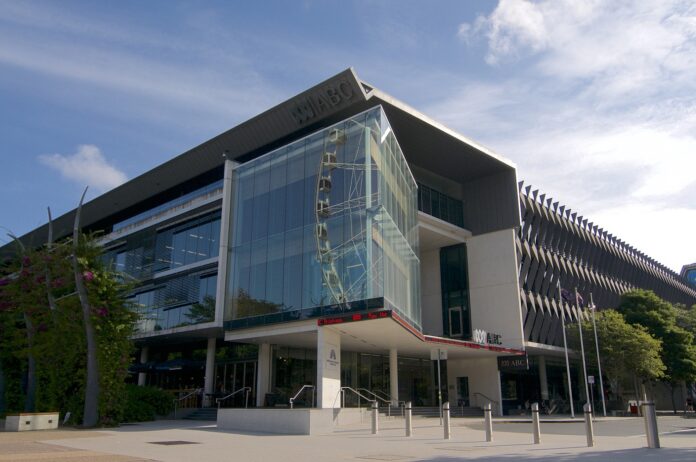The Philippines offers several great qualities for those looking to outsource their telemarketing. The workforce is young, highly educated, and thanks to the country’s economics, cost-effective. The population is multi-lingual, including English, and is versed in Western culture.
Telemarketing is, in essence, an unsolicited cold call to sell a product or service. This is often the most gruelling form of sales and marketing. It falls into the realm of business development, requiring a high volume of activity with a relatively low conversion rate and overall sales volume.
“If you have overseen a sales pipeline before, whether as a manager or a salesperson, you know that the smaller accounts are perhaps not the most rewarding, but they are necessary, nonetheless, to the overall health of the sales pipeline. The work can be tiresome and time-consuming, and the pay-off will likely be small,” says Ralf Ellspermann, CEO of PITON-Global, an award-winning telemarketing provider in the Philippines.
“When you start off in sales, you’ll learn that, at first, it is a pure numbers game. Basically, you throw as much stuff against the wall as you possibly can, and eventually, you’ll hear a yes. As you go, you will learn the necessary skills to become an effective and talented salesperson, so you no longer have to spend exhausting hours emptying your proverbial bucket to try and make ends meet,” he adds.
The real question here, and one that many sales organizations have begun to ask themselves, is whether or not telemarketing is actually a waste of valuable sales force resources. In simple terms, is it a good use of time to assign highly trained and skilful salespeople to low-level accounts that could be acquired from sheer volume of attempts? No. This is why a lot of companies are looking into—or have already begun—outsourcing these lower-funnel sales opportunities.
In Australia, the number of outsourced jobs continues to grow, and with the push for streamlined processes and automation, this is not a trend we are likely to see the end of soon. So where does one go?
The Philippines has spent the past twenty years building a robust, booming telemarketing industry. Its expertise in call centre outsourcing makes it an ideal landing spot for companies and sales organizations looking to outsource their telemarketing requirements.
Telemarketing as an industry has its pros and cons. “Low-level sales opportunities can be a bit of a necessary evil in the world of sales. When you do telemarketing correctly, you can create a highly efficient workforce that is dialling out at a high volume and converting sales. At the same time, you will have your talented in-house salespeople going after tougher sales acquisitions that require more skill,” says Ellspermann.
The Philippines is loaded with young, educated, and driven individuals. The growing Business-Process Outsourcing (BPO) industry has helped not just itself but also the country in general. The government supports this industry, as it has played a key role in developing the once-poor country’s economy.
And for the Filipino workers, call-centre, BPO, and telemarketing jobs pay extremely well, yet they offer significant payroll savings for the companies who are outsourcing them from abroad.
The Philippines has other advantages as well. First, a large portion of Filipinos are Anglophone, and in a world where 20% of people speak English, this skill set is important. And not only do they speak English, but the rhythm and flow of their speech is very westernized. This is an advantage of the Philippines over offshore outsourcing destinations such as India.
The country is not just home to a growing population but also a youthful one. In fact, 90% of the population comprises people under 55. That means a lot of talent in the workforce.
The increasing number of telemarketing companies in the Philippines makes it a country with the resources to meet the demands of its foreign clients. The growing population and the sheer number of highly educated youths in the Philippines will make the nation a key player in the telemarketing outsourcing industry for years to come.
“While no one answer works for every business, the strategy of outsourcing telemarketing to the Philippines is one that companies should explore,” says Ellspermann.
“The cost of telemarketing in house, and more importantly the cost of time, is a crippling drain on your sales efficiency. Looking to outsource it will help you cut your costs and grow your sales numbers,” he adds.
Agents in Philippine call centre companies are well trained in high-volume activity, freeing up your salespeople to do what they do best—sell. Once you explore where to outsource your telemarketing, you’ll find the answer is clear, and that answer is the Philippines.
